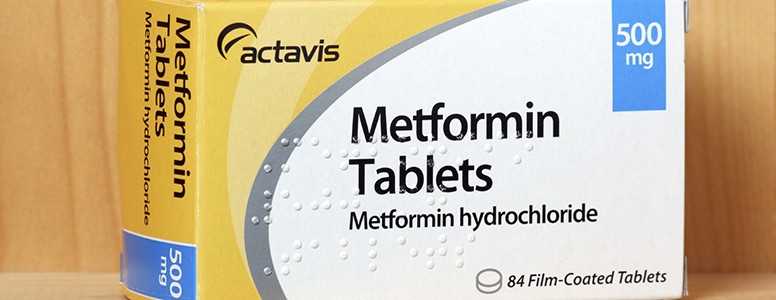A calorie-restricted meal replacement diet dubbed the “Newcastle diet” has achieved type 2 diabetes remission in half of patients after one year of a groundbreaking UK research trial.
The Newcastle diet involves consuming an all-liquid 800-calorie diet of soups, shakes and non-starchy vegetables for three to five months before progressively reintroducing solid foods over a further two months.
The Diabetes Remission Clinical Trial (DiRECT) study, co-led by researchers at the University of Newcastle and the University of Glasgow, followed around 300 patients from 49 primary care services in Scotland and Tyneside who have had diabetes for six years.
Almost half of the participants managed to achieve and maintain diabetes remission at one year without medication using overall calorie restriction in place of standard guidelines.
Ongoing support for maintaining lost weight, including behavioural therapy and advice on ways participants could increase their physical activity, was then provided in the long-term follow up.
After being on the 800-calorie diet plan and maintaining a healthy weight for a year, up to 46 per cent of participants managed to achieve diabetes remissio, compared to only four per cent of participants in the control group.
Diabetes remission was defined as obtaining HbA1c levels lower than 48 mmol/mol (6.5%) without diabetes treatment. At one year, a majority (74 per cent) of participants in the intervention group saw their HbA1c levels fall from a mean of 60 mmol/mol, at the start, to 46.8 mmol/mol, as opposed to 54.6 mmol/mol in the control group.
The participants following the reduced calorie diet plan lost an average of 10 kg, and 86 per cent of those who lost 15 kg or more put their type 2 diabetes into remission. In other words, greater weight losses were associated with higher odds of reversal.
In addition to this, the researchers noted significant improvements in triglyceride levels and measures of quality of life amongst participants in the intervention group.
In two previous pilot studies, the researchers showed that remission appeared to be related to a reduction in fat around the liver and pancreas which a low calorie diet helped to achieve.
Overall, the new study shows that type 2 diabetes is reversible in a large percentage of patients through diet and lifestyle intervention. The long-term sustainability of low calorie diets is however unclear. The researchers will continue monitoring the participants for another 12 months as part of the trial.
The findings were published in the Lancet medical journal.
A low carb diet of real unprocessed food is another promising approach to reversing diabetes that enables lasting weight loss and represents a more pleasurable way to eat.
For more information about eating a low carb diet, check out our Low Carb Program.
What's new on the forum? ⭐️
Get our free newsletters
Stay up to date with the latest news, research and breakthroughs.





